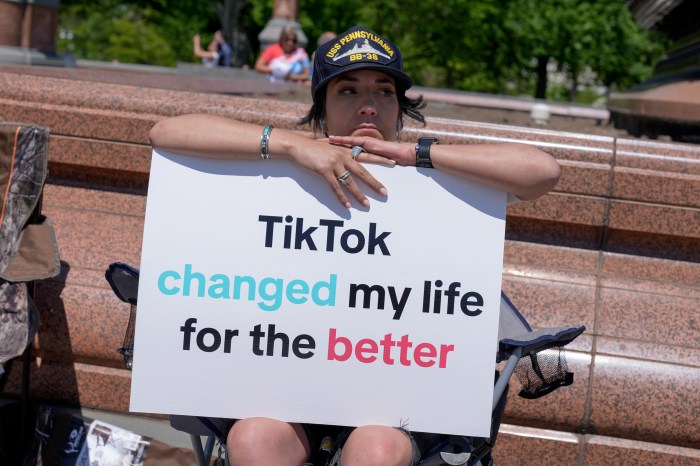Despite the assertions of certain politicians that global warming is just “a theory,” the reality is it is a theory overwhelmingly supported by the evidence.
From the melting of the polar ice cap, to catastrophic hurricanes, from droughts to floods, we see the evidence of global warming around the world. Whatever model you use for the prediction of the consequences of global warming, the end result is the world we will be passing onto our children and grandchildren will not be the same one we grew up in.
The basic fact of global warming is that whenever we burn anything we convert organic carbon to carbon dioxide. We can’t live without producing carbon dioxide. As I write, my body is “burning” the dinner I just ate, converting the organic molecules I ingested to carbon dioxide. It’s how I stay alive. Given that I do want to stay alive, I have to accept that I will produce this carbon dioxide.
However, the carbon dioxide my furnace, hot-water heater and car produce, plus the carbon dioxide used to make electricity for my blow-dryer, washing machine, oven, computer, TV, cellphone, vacuum cleaner, air conditioner — you get the picture — can be viewed as my discretionary carbon dioxide. While it is true that big changes in carbon dioxide emissions will need to come from industry, spurred on by government action, we all have control over our discretionary carbon dioxide. I believe we will all have to be conscious of discretionary carbon dioxide and budget it like we do with money.
We cannot continue to live without regard for the environmental consequences of our actions. We are like credit card spenders who, for years, have been happily charging everything we want — bigger cars, longer showers, brighter lights — without realizing that everything we consume is going onto our environmental balance sheet. Now we realize we will have to curtail our lifestyles just to afford the minimum payments on our cards, and repayment of the principle will require major changes.
I took a long hard look at my own life and realized that cutting down my discretionary carbon a little bit will be easy — cutting it down a lot will be difficult. It’s like dieting — simply cutting out french fries is easy (relatively), but changing the way you eat is difficult.
What we need is to live in a carbon-conscious manner. We are always conscious of money. We say, “Wow, I’d love to have that plasma TV, but I just can’t afford it.” We live our lives based on how much money we have. Now we need to be conscious of carbon, too. We need to make decisions about our activities based on how much carbon they will emit.
In some ways, it’s a more level form of budgeting since Donald Trump isn’t allowed any more carbon than I am (unless he buys carbon offsets, but still). I would love to go back to doing what I want without regard for carbon, just as I would love to have unlimited finances, but neither one is the case and that’s something we all have to accept.
Andrew Laursen is an assistant professor in the department of chemistry and biology at Ryerson University and is a member of the environmental applied science and management program in graduate studies. His research is in the area of ecosystem ecology. Sophia Dore is an environmental scientist with Conestoga-Rovers & Associates, an environmental consulting company. Contact Andrew Laursen at earthtones.metro@gmail.com
| Tips for a greener workplace |
|
A more eco-friendly workplace is something Canadians should strive for all year round. The following tips will set you on a greener path:
|


















